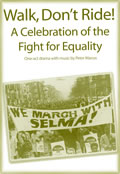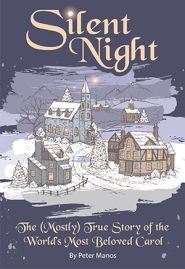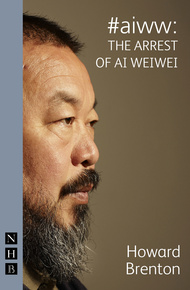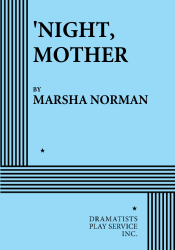
Walk, Don't Ride! A Celebration of the Fight for Equality
- One Act, Drama, 1950s, 1960s
- 2M, 3F
- ISBN: WB1
Walk, Don't Ride! A Celebration of the Fight for Equality chronicles in words and song the civil rights movement of the 1950s and 1960s.
Description
- One Act
- Drama
- 45 minutes
- Time Period: 1950s, 1960s
- Target Audience: Adult, Pre-Teen (Age 11 - 13), Teen (Age 14 - 18), Children (Age 6 - 10), Appropriate for all audiences
- Set Requirements: Bare Stage/Simple Set
- Performance Group:
- Community Theatre, College Theatre / Student, High School/Secondary, Senior Theatre
It begins with the Montgomery bus boycott when, after the arrest of Rosa Parks for refusing to give up her seat to a white man on a crowded bus, African-Americans and some whites stopped using the buses crying out "Walk, Don't Ride!" They walked, used car pools and taxis, whatever it took to send the message that buses must not be segregated with blacks sitting in the back, whites in the front. Even in the face of harassment by police and racists, the boycott finally succeeded and led to the rise of a young Martin Luther King Jr. as leader of the movement.
In Nashville, a group of college students of both races staged the Nashville lunch counter sit-ins at the downtown Nashville lunch counters, which refused to serve African-Americans. They sat -- whites and blacks together -- and peacefully ordered lunch and remained peaceful even as people poured hot coffee and food over them and the police came to arrest them.
The play ends with the Greyhound/Trailways freedom rides in which activists of both races and all ages tried to peacefully integrate the bus lines that went through the south. These groups also met with violence and arrest but refused to fight back and remained peaceful even as they were being beaten up and led away to jail, where they were harassed further.
In all of these movements, whites and blacks came together to peacefully protest segregation in America, often risking injury and death. It was American courage at its most courageous and a heroic time in America's past.
Characters
- Casting: 2M, 3F
- Casting Attributes: Non-Traditional casting, Expandable casting, Minority casting
- Casting Notes: Optional Choir
Available Material
| Name | Price |
|---|---|
|
Walk, Don't Ride! A Celebration of the Fight for Equality Script
Order Now
Walk, Don't Ride! A Celebration of the Fight for Equality chronicles in words and song the civil rights movement of the 1950s and 1960s. It begins with the Montgomery bus boycott when, after the arrest of Rosa Parks for refusing to give up her seat to a white man on a crowded bus, African-Americans and some whites stopped using the buses crying out Walk, Don't Ride! They walked, used car pools and taxis, whatever it took to send the message that buses must not be segregated with blacks sitting in the back, whites in the front. Even in the face of harassment by police and racists, the boycott finally succeeded and led to the rise of a young Martin Luther King Jr. as leader of the movement. In Nashville, a group of college students of both races staged the Nashville lunch counter sit-ins at the downtown Nashville lunch counters, which refused to serve African-Americans. They satewhites and blacks togethereand peacefully ordered lunch and remained peaceful even as people poured hot coffee and food over them and the police came to arrest them. The play ends with the Greyhound/Trailways freedom rides in which activists of both races and all ages tried to peacefully integrate the bus lines that went through the south. These groups also met with violence and arrest but refused to fight back and remained peaceful even as they were being beaten up and led away to jail, where they were harassed further. In all of these movements, whites and blacks came together to peacefully protest segregation in America, often risking injury and death. It was American courage at its most courageous and a heroic time in America's past. Simple set. Approximate running time: 45 minutes. Music in book. |
$19.95 |




